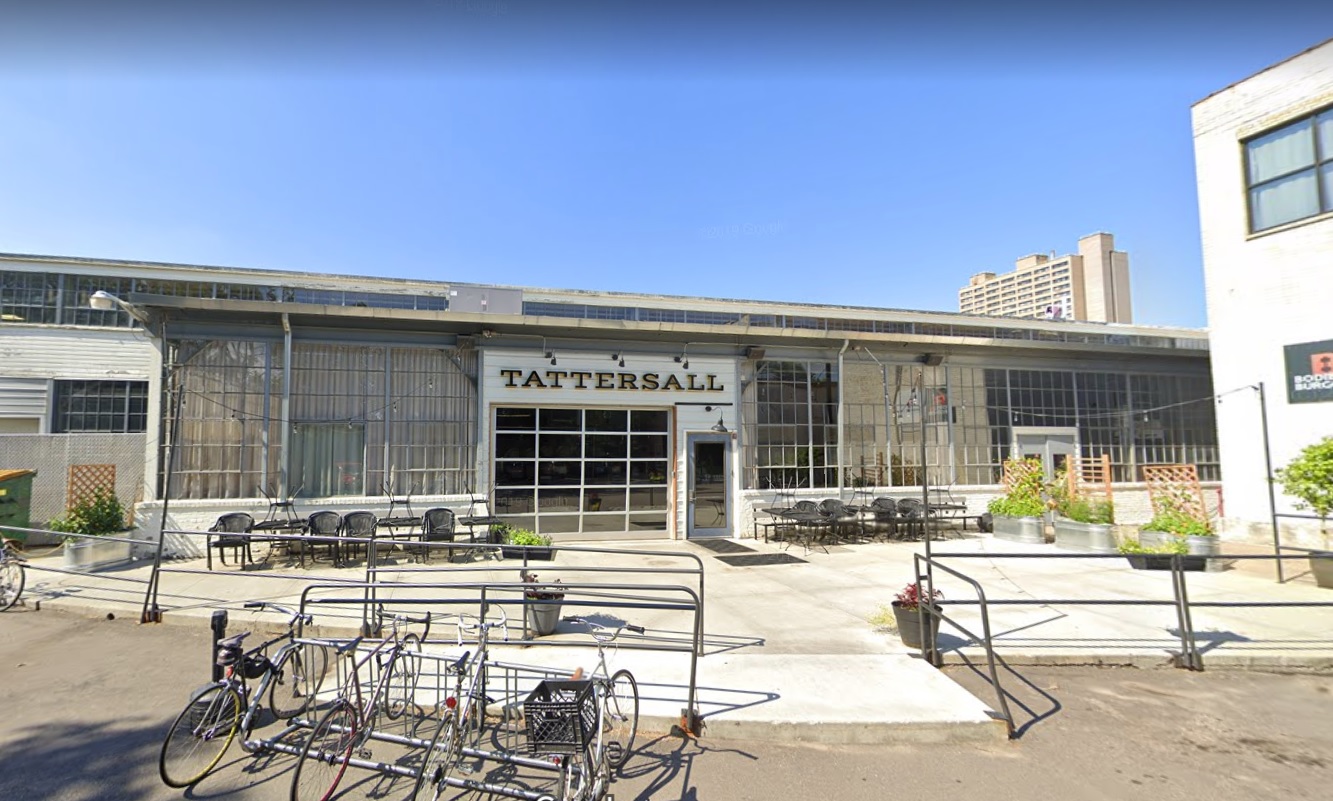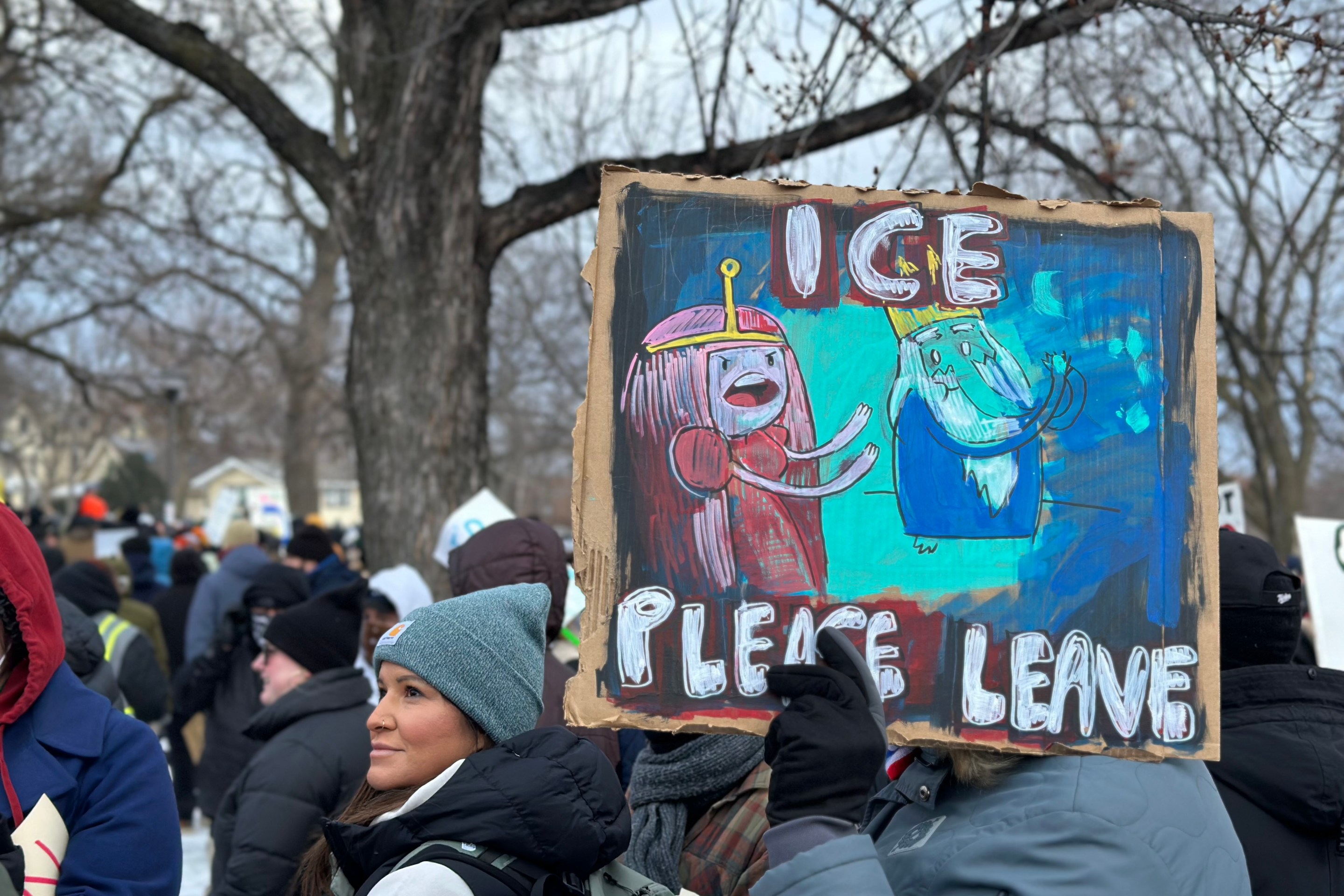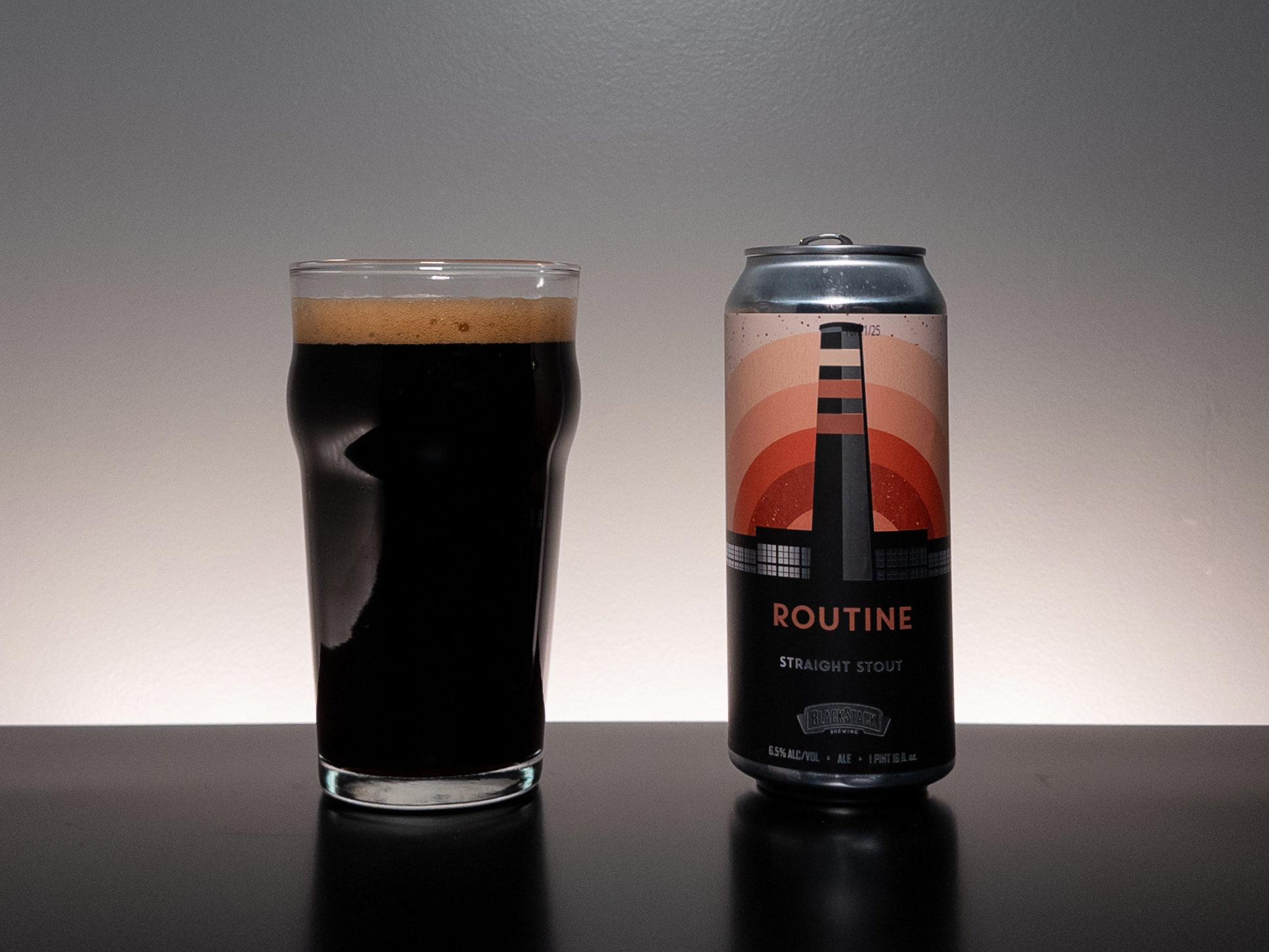In August 2020, amid the tightest COVID-19 restrictions on bars and restaurants in Minnesota, Tattersall Distilling’s workforce voted 19-3 to unionize. It became the nation’s first unionized craft distillery.
Workers at the northeast Minneapolis distillery/cocktail room enjoyed a hard-won victory lap that fall, appearing masked and victorious on the cover of City Pages. They appeared again in July, this time on the pages of the New York Times, under the headline "Organizing a Union in the Disorganized World of Small Restaurants."
From a public-facing perspective, the early acrimony of the union push—“We don’t believe a union is necessary, nor is it in the best interest of our employees or our company,” Tattersall ownership posted to Facebook last year—appeared to be in the rearview. The seven-year-old company even set aside real estate on its website to showcase its newfound union-friendly posture.
The optics of tranquility came crashing down Wednesday.
On its Instagram page, the Tattersall union spoiled the PR goodwill of an Arby’s Vodka collab by claiming that Tattersall’s upcoming 75,000-square-foot “destination distillery” in River Falls, Wisconsin, will result in the elimination of “at least seven” union jobs. Those distilling and bottling jobs, the union alleges, “will likely pay considerably less” than the union ones in Northeast.
Tattersall co-founder Jon Kreidler, speaking via email with two PR professionals cc’ed, says “there will be no loss of union jobs by moving production sites, however, we have lost staff in Minneapolis on our production team due to industry-wide labor shortages.” Pay rates for the non-union Wisconsin jobs “so far have been in-line if not higher than in Minnesota, as we have been able to find more experienced workers,” he adds.
Mike Appletoft, who worked as a Tattersall distiller until September, disagrees. He says four bottling jobs that recently went to non-union contractors, combined with three distilling jobs moving to Wisconsin, amount to the effective loss of seven union jobs, though he says "lawyer-speak" arguments could be made to the contrary. The legal framework of the union’s National Labor Relations Board election was constructed strictly for jobs at the Minneapolis locations, he says, meaning River Falls employees would need to organize their own vote to join the union.
“The only booze made by a union employee would be whatever is served in the Minneapolis cocktail room,” says Appletoft, who continues with work as an advisor with the Tattersall union. “Looking at the [River Falls] job listings, it looks like they’re paying less than they would in Minneapolis; we were told that wouldn’t be the case, and we’re mad about that.”
Appletoft says worker morale at Tattersall is “pretty bad,” and that union positions have dwindled to just eight front-of-house jobs. He “absolutely” believes terms like “union-busting” and “retaliation” could be used to describe how Tattersall management and ownership has behaved since late 2020.
“It’s become a very toxic workplace,” Appletoft says. “Management took out their frustration and anger over [unionization] on us.”
Things got so bad, he says, that the union representing Tattersall workers, Unite Here Local 17, issued a letter to management in February alleging that Tattersall had become a “threatening and hostile” work environment. The letter alleges abrupt policy changes, increasingly harsh annual reviews, intimidation, and spying. Sheigh Freeberg, secretary-treasurer of United Here Local 17, said Thursday that the union fully stands behind its aggrieved Tattersall members.
"Tattersall respects and supports the decision our employees made to unionize; we believe that we have a very good relationship with our current employees," Kreidler says, noting that negotiations on the first union contract are "proceeding very swiftly" and in good faith. "The majority of workers that voted to unionize never returned to work at Tattersall after we reopened—currently only one still works for us."
A current front-of-house worker, who asked to remain anonymous for fear of reprisal, takes issue with that last part.
“Even if they didn’t take away union jobs on paper, they made such a severe shift in operations in the front of house and how employees could come back, that jobs were denied to ‘yes’ voters who would have been able to come back otherwise."
For Kreidler, who comes from the world of hedge funds, the prime objective is growth. His new distillery is located just across the state border to side-step arbitrary Minnesota production-capacity limitations, he recently told VinePair's Next Round podcast. Tattersall does business in 30 states, and the company—which currently produces 40,000 cases each year—is eyeballing further national expansion, Kreidler says.
It's unclear how that'll impact future employees, but many of the current and former ones in Minneapolis have a bad taste in their mouths.
“Honestly, I quit in September, one of my coworkers in the distillery quit three weeks after me," Appletoft says. "The non-union bottling manager, who’s a friend of ours, quit a couple weeks after that. And that last remaining distiller, who’s basically been there since the beginning of the company, she put in her two-weeks yesterday."
"At this point," he says, "we’re just fighting for the contract to be signed so front-of-house gets the protections they need.”







